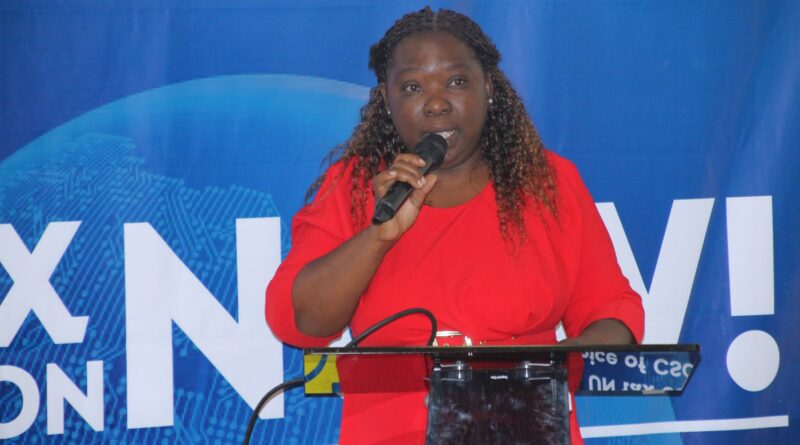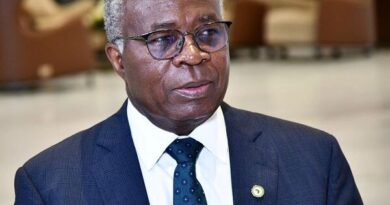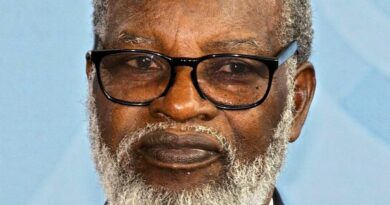CSPR Urges Swift Action on Policy and Social Protection Gaps in Zambia
The Civil Society for Poverty Reduction (CSPR) has called on the Zambian government to urgently address gaps in policy implementation and social protection, warning that delays could undermine inclusive growth, citizen trust, and poverty reduction efforts.
The statement follows President Hakainde Hichilema’s address to the Fifth Session of the Thirteenth National Assembly on 12 September, in which he outlined macroeconomic stabilisation and sectoral reforms but left key issues unresolved.
CSPR Country Director, Isabel Mutembo Mukelabai, highlighted that Zambia’s high debt service obligations, coupled with contractionary monetary policies, threaten inclusive growth by raising borrowing costs and reducing household disposable incomes.
While the President’s address emphasised macroeconomic and sectoral reforms, Mukelabai expressed concern over the lack of clear strategies for health insurance financing, debt risk management, and contingency measures for social spending, particularly as Zambia awaits approval of a 12-month International Monetary Fund Extended Credit Facility.
Although 92% of Zambia’s external debt has been restructured, details on interest rates, repayment schedules, and bilateral agreements remain undisclosed, Mukelabai noted.
The CSPR welcomed recent government initiatives to diversify the energy sector, including the 94MW Copperbelt Energy solar plant, the 100MW Chisamba solar project, and the 300MW Maamba thermal plant, but cautioned that slow implementation continues to leave households and small businesses facing prolonged load shedding.
Mukelabai also called for transparency in the TAZAMA pipeline open-access diesel regime to ensure citizens benefit from lower fuel costs.
She praised progress in non-traditional exports, which reached $3.6 billion, and the operation of 87 companies in special economic zones. However, she noted that industrial yards under the Citizens Economic Empowerment Commission (CEEC) have underperformed, and continued reliance on copper leaves the economy exposed to global commodity price fluctuations.
On social protection, Mukelabai commended government interventions during the 2024 drought, including emergency cash transfers and the Cash for Work programme, but warned that the absence of defined social spending floors and contingency plans undermines effective service delivery.
She also raised concerns over the National Health Insurance Management Authority (NHIMA), whose claims rose from K677.3 million in 2019 to K1.7 billion in 2024, calling for sustainable financing of universal health coverage.
In agriculture, CSPR welcomed reforms under the Farmer Input Support Programme (FISP), including e-vouchers, irrigation expansion, mechanisation centres, and private-sector engagement, while highlighting persistent gaps in credit risk management, input supply chains, price stabilisation, and market access.
Mukelabai urged strengthening the Smallholder Agriculture Finance Facility (SAFF) with clear performance indicators, risk mitigation strategies, and integration with input supply systems to protect rural livelihoods and enhance climate resilience.
She concluded that while the President’s address sets a credible reform agenda, Zambia’s progress on poverty reduction, social equity, and citizen trust will depend on structured, transparent, and data-driven implementation.



